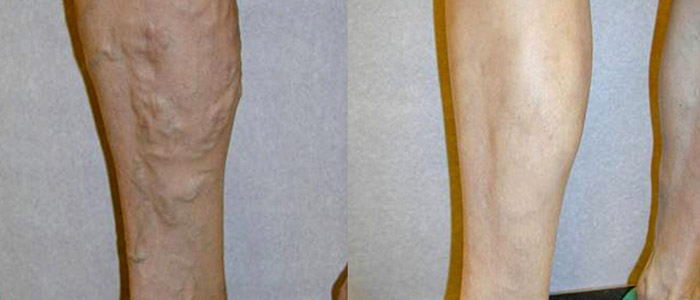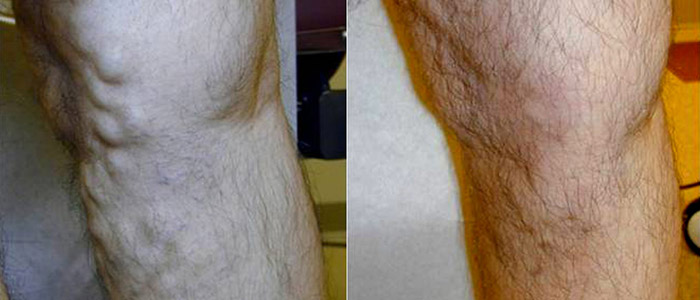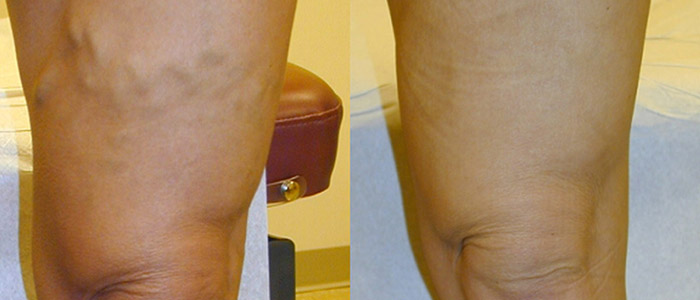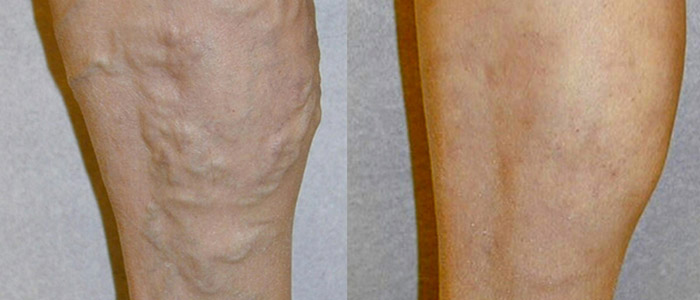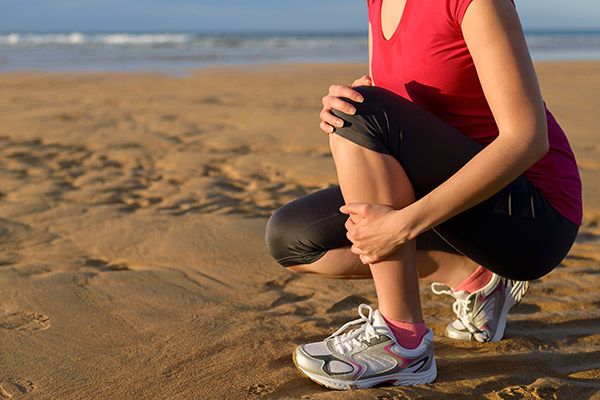A Vein Center in NJ Reveals 10 Little Known Facts About Vein Disease
Vein disease is a common issue that affects millions of Americans every year. However, it is also an issue that people do not always know much about. The following facts from our vein center in NJ will help improve your vein disease IQ. Ten little known facts about vein disease
- Vein disease is more than cosmetic: When you think of vein disease, you might think of unsightly varicose or spider veins. While these problems are symptoms of vein disease, they are only just the beginning.
- Vein disease is hereditary: Family history is a strong indicator of vein disease risk. If your mother suffered from varicose veins, you have a higher chance of experiencing them yourself.
- Your risk of vein disease increases with age – but anyone can experience it: Older people tend to experience vein disease at a much higher rate than younger people, but even those under the age of 40 can experience circulation issues. Pregnant women are particularly at risk, as are people who are overweight or obese.
- Vein disease is not just for women: Varicose veins are commonly thought of as an issue that primarily impacts women. While the issue is more common in women, men can and do experience spider veins, varicose veins, swollen legs and ankles, and other symptoms associated with vein disease.
- Vein disease is not limited to varicose veins: Vein disease often occurs with a variety of symptoms. Patients might experience varicose veins, swollen legs and ankles, cramping or aching in the legs, and blood clots. If left untreated, changes in the texture and color in the skin around the veins and poorly healing wounds called ulcers can also occur.
- Exercise can help vein disease symptoms: If your legs are swollen and sore from insufficient veins, exercise might be the last thing on your mind. This is unfortunate, as physical activity can help improve your circulation and reduce the impacts of vein disease symptoms. Even something as simple as a brisk walk can make a difference.
- Vein disease increases your risk of DVT: NYC varicose vein doctors advise their patients to be aware of the risks of deep vein thrombosis. This type of blood clot is more common among people with vein disease and can lead to serious complications such as stroke or pulmonary embolism.
- Varicose veins won’t go away on their own: Deciding to simply “live with” your varicose veins won’t make them better. Varicosities do not go away on their own. Lifestyle changes and minimally invasive surgery will likely be necessary to address this issue.
- Vein treatment has come a long way: If you have heard an older friend or relative relate their experiences with NJ vein removal, you might wonder why anyone would want to get rid of their varicose veins. Fortunately, vein treatment has come a long way since the days of painful vein stripping procedures. Today’s minimally invasive treatments are fast, safe, and virtually pan-free.
- You can have beautiful, healthy legs again: Varicose veins can be discouraging, but you do have options. Varicose vein treatment in NJ can help you reclaim the beautiful, healthy legs you used to love.
Now that you know a little more about vein disease, it is time to do something about your symptoms. Dr. Lowell S. Kabnick can help. To learn more about your options or to schedule a consultation, give our office a call at 973-538-2000. We look forward to hearing from you!



